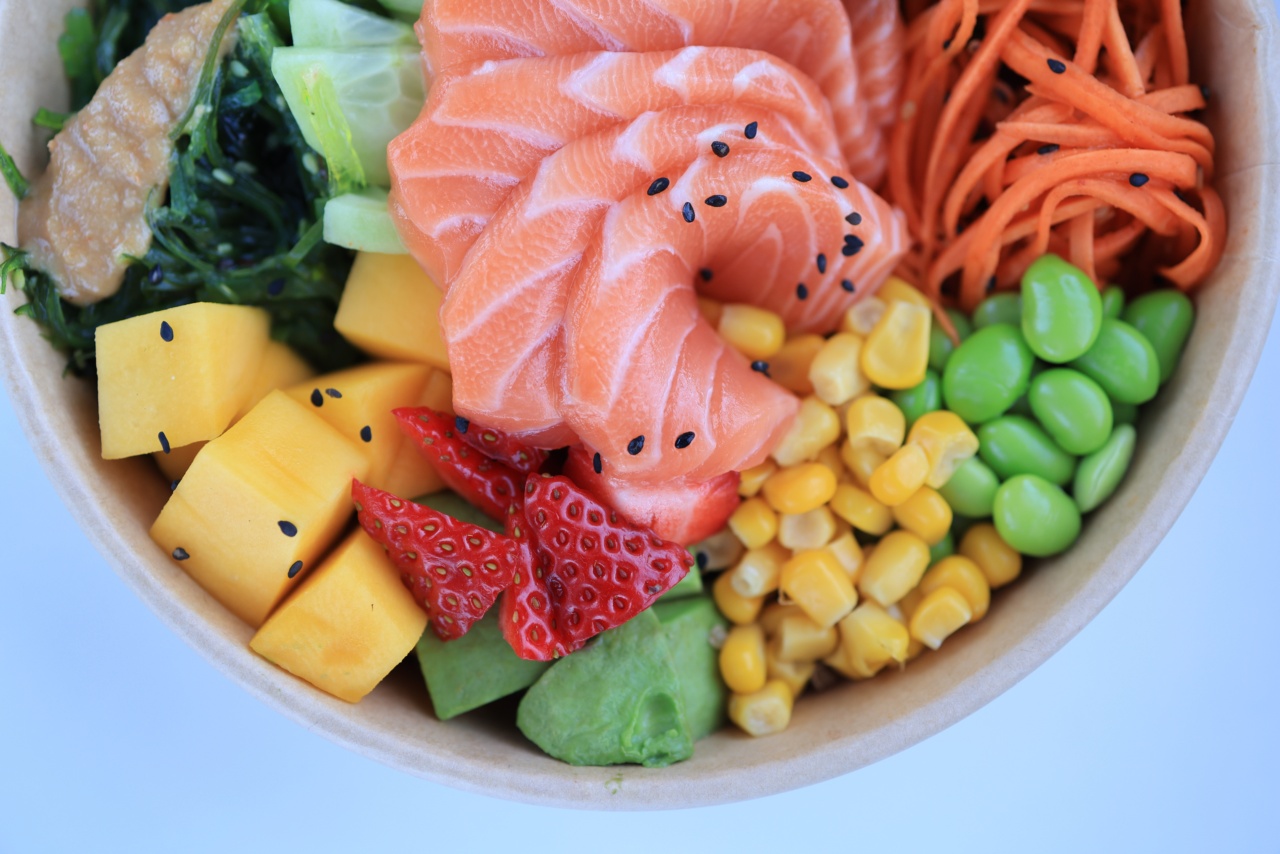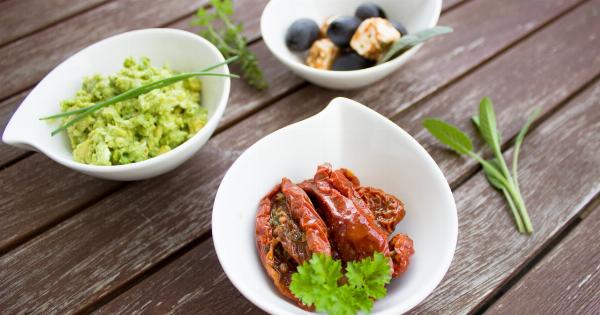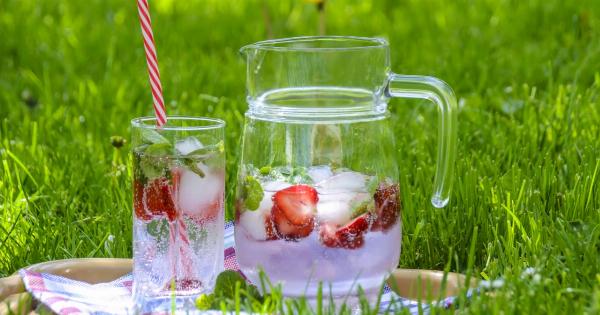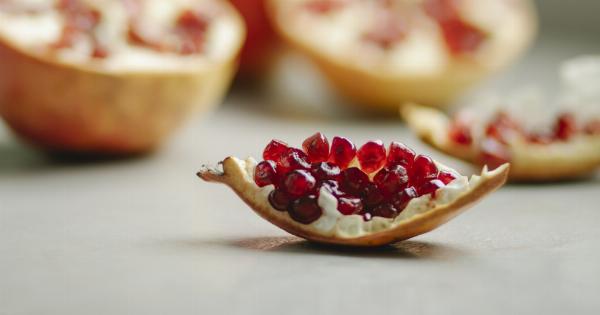Staying hydrated is essential for maintaining good health. Your body needs adequate water intake to function properly, and one way to achieve proper hydration is by consuming hydrating fruits and vegetables.
Fruits and vegetables are not only packed with nutrients and vitamins, but they are also one of the best sources of water content in your diet.
What Are Hydrating Fruits and Vegetables?
Hydrating fruits and vegetables are those that have a high water content, keeping your body hydrated and supplying your cells with the essential nutrients they need.
These fruits and vegetables are rich in vitamins, minerals, and fiber, which are all vital for maintaining good health. Hydrating fruits and vegetables include cucumbers, lettuce, celery, watermelon, grapefruit, oranges, strawberries, blueberries, cantaloupe, pineapple, and many more.
Why Are Hydrating Fruits and Vegetables Important?
Hydrating fruits and vegetables are important for maintaining proper hydration levels, which is necessary for optimal health.
These fruits and vegetables are an excellent source of water, which is essential for regulating body temperature, flushing out toxins and waste from the body, and helping your body absorb and transport nutrients to your cells. Proper hydration also aids in digestion, promotes healthy skin, and helps to prevent various illnesses and conditions.
Benefits of Hydrating Fruits and Vegetables
Consuming hydrating fruits and vegetables offers many benefits, including:.
- Increased hydration levels
- Boosted energy levels
- Improved digestion
- Reduced risk of chronic diseases such as heart disease, diabetes, and cancer
- Healthy, glowing skin
- Improved brain function and mental clarity
- Weight management
- Improved immune function
Hydrating Fruits
Some of the best hydrating fruits include:.
- Watermelon – Watermelon is about 92% water, making it one of the most hydrating fruits. It is also rich in vitamin C, which is essential for maintaining healthy skin and boosting the immune system.
- Strawberries – Strawberries are also a great source of hydration, containing about 91% water. They are also low in calories and high in antioxidants, making them an excellent choice for promoting overall health and well-being.
- Oranges – Oranges are not only a great source of vitamin C, but they are also about 87% water. They are low in calories and high in fiber, making them an ideal choice for promoting healthy digestion and keeping you feeling full and satisfied.
- Cantaloupe – Cantaloupe is another fruit that is high in water content, containing about 90% water. It is also a rich source of vitamin A, which is vital for maintaining healthy skin and promoting eye health.
- Pineapple – Pineapple is not only delicious, but it is also a great source of hydration, containing about 87% water. It is also rich in vitamin C and manganese, which are essential for overall health and well-being.
Hydrating Vegetables
Some of the best hydrating vegetables include:.
- Cucumber – Cucumbers are one of the most hydrating vegetables, containing about 96% water. They are low in calories and high in antioxidants, making them an excellent choice for promoting overall health and well-being.
- Lettuce – Lettuce is also a great source of hydration, containing about 95% water. It is low in calories and high in fiber, making it an ideal choice for promoting healthy digestion and weight management.
- Celery – Celery is not only a great source of hydration, but it is also rich in vitamins A, C, and K. It is low in calories and high in fiber, making it an excellent choice for promoting overall health and well-being.
- Zucchini – Zucchini is a great source of hydration, containing about 95% water. It is also rich in antioxidants and other nutrients, making it an ideal choice for promoting overall health and well-being.
- Radishes – Radishes are another vegetable that is high in water content, containing about 95% water. They are also rich in antioxidants and other nutrients, making them an excellent choice for promoting overall health and well-being.
How to Incorporate Hydrating Fruits and Vegetables into Your Diet
There are many ways to incorporate hydrating fruits and vegetables into your diet, including:.
- Add lettuce and cucumber to your salads
- Snack on strawberries, watermelon, and oranges
- Make smoothies with hydrating fruits such as pineapple and cantaloupe
- Eat raw vegetables such as celery and zucchini with hummus or other dips
- Add hydrating fruits to your water, such as lemon or cucumber, to infuse it with flavor and add some extra hydration to your day
The Bottom Line
Staying hydrated is essential for maintaining good health, and consuming hydrating fruits and vegetables is one way to ensure that you are getting the water content your body needs.
These fruits and vegetables are also packed with essential nutrients, vitamins, and minerals, making them an ideal choice for promoting overall health and well-being. So next time you’re looking for a snack or meal, remember to incorporate some hydrating fruits and vegetables into your diet to keep you feeling hydrated, healthy, and happy.































